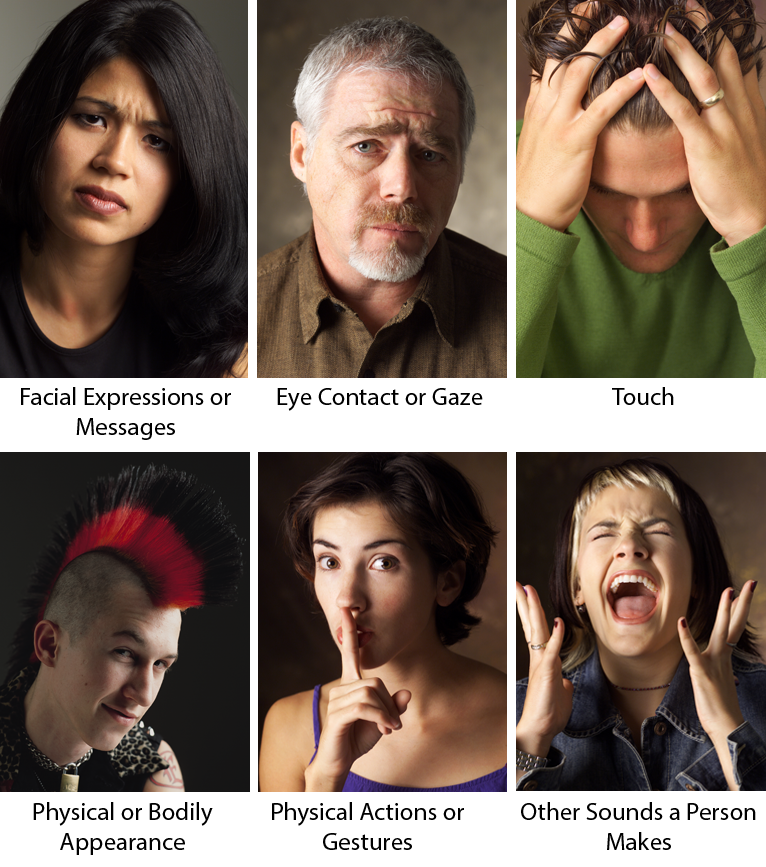“Put yourself in his/her shoes.” That’s what we tell someone when we want them to see things from someone else’s point of view. Empathy is the ability to communicate (send and receive messages) and lead by understanding others’ thoughts, views, and feelings.
The Good Results of Empathy
When empathy is improved, we become better humans.
Empathy leads to:
- stronger, more meaningful relationships
- success in the workplace
- better health and quality of life
90% of top performers in the workplace have high emotional intelligence! The more people can understand their own thoughts, feelings and emotions the more they can understand someone else’s. When we become better listeners, we become better people.
The Negative Effects of a Lack of Empathy
Scientists have linked the lack of empathy to criminal behaviors such as stealing, drug dealing, and murder. Our prisons are full of people who lack empathy. These criminals don’t care or didn’t take the time to understand what their victims were feeling. Having empathy might have prevented them from the acts that put them in prisons in the first place.
Trust and Openness
Empathy is the ability to trust others. When your friends feel that you care, then you have earned their trust. If they trust you, they will take more risks with you and be more open with you. Your friends will talk openly with you only when they trust you.
As trust builds, there will be more sharing of information, feelings and thoughts. The sharing expands the base upon which you and others can relate to each other. In the example below, Susan (woman on the left) has something that is bothering her. She doesn’t quite trust Maggie (woman on the right) enough to explain what it is.
Understanding
What do friends do as they listen to others tell about their ideas or interests? It’s simple – they stop what they are doing and listen. When we are empathetic, we are aware of the feelings being shown. When someone asks for help, try to understand what is not being said along with what is being said.
A significant portion of communication is relayed non-verbally. We may not even realize it, but we send a message with every facial expression, gesture and noise we make. Understanding nonverbal messages is an important part of empathy and critical for communicating effectively. By learning how to understand non-verbal messages we can become better at understanding how someone else truly feels.
Examples of Nonverbal Communication
A Solid Foundation in Emotional Intelligence Starts with Empathy
You can improve your empathy!
With practice and the right process you can take your empathy to the next level, which will in turn increase your emotional intelligence overall. With the right tools and resources, the process to learn empathy does not have to to be complicated or expensive.
Other critical soft skills such as interpersonal awareness, self-esteem, resiliency, stress management, and motivation are all part of emotional intelligence.
For over 35 years, we have been developing extensive assessments and training in the areas of emotional intelligence to simplify the process.

